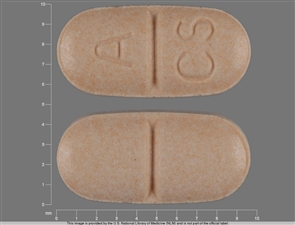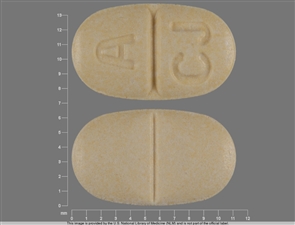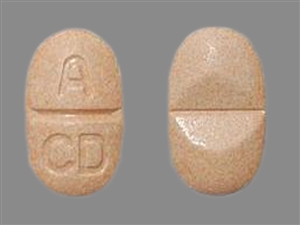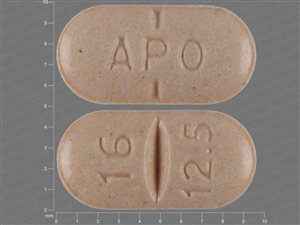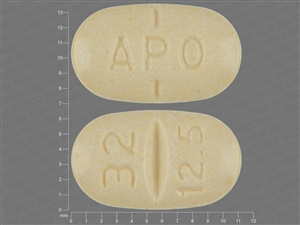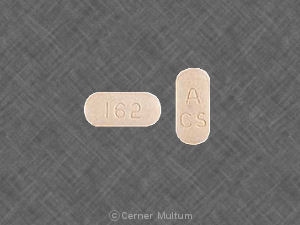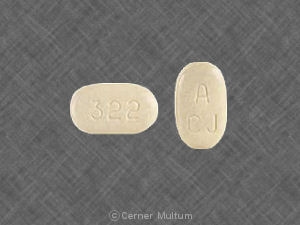hydrochlorothiazide and candesartan
What is the most important information I should know about hydrochlorothiazide and candesartan?
Do not use if you are pregnant. If you become pregnant, stop taking this medicine and tell your doctor right away.
You should not use this medicine if you are unable to urinate, or if you are allergic to sulfa drugs.
If you have diabetes, do not use hydrochlorothiazide and candesartan together with any medication that contains aliskiren (such as Tekturna or Tekamlo).
What is hydrochlorothiazide and candesartan?
Hydrochlorothiazide is a thiazide diuretic (water pill) that helps prevent your body from absorbing too much salt, which can cause fluid retention. Candesartan is an angiotensin II receptor antagonist. Candesartan keeps blood vessels from narrowing, which lowers blood pressure and improves blood flow. Hydrochlorothiazide and candesartan is a combination medicine used to treat high blood pressure (hypertension). Hydrochlorothiazide and candesartan may also be used for purposes not listed in this medication guide.
What should I with my healthcare provider before taking hydrochlorothiazide and candesartan?
You should not use this medicine if you are allergic to candesartan or hydrochlorothiazide, or if:
- you are unable to urinate; or
- you are allergic to sulfa drugs.
If you have diabetes, do not use hydrochlorothiazide and candesartan together with any medication that contains aliskiren (such as Tekturna or Tekamlo). You may also need to avoid taking hydrochlorothiazide and candesartan with aliskiren if you have kidney disease.
To make sure hydrochlorothiazide and candesartan is safe for you, tell your doctor if you have ever had:
- liver disease;
- congestive heart failure;
- glaucoma;
- low or high levels of potassium in your blood;
- asthma or allergies;
- high cholesterol or triglyceride levels;
- gout;
- lupus;
- diabetes; or
- an allergy to penicillin.
Do not use if you are pregnant. If you become pregnant, stop taking this medicine and tell your doctor right away. Hydrochlorothiazide and candesartan can cause injury or death to the unborn baby if you take the medicine during your second or third trimester.
Hydrochlorothiazide can pass into breast milk and may cause side effects in the nursing baby. You should not breast-feed while using this medicine.
How should I take hydrochlorothiazide and candesartan?
Follow all directions on your prescription label. Your doctor may occasionally change your dose. Do not take this medicine in larger or smaller amounts or for longer than recommended. You may take this medicine with or without food.
Call your doctor if you have ongoing vomiting or diarrhea, or if you are sweating more than usual. You can easily become dehydrated while taking this medication, which can lead to severely low blood pressure or a serious electrolyte imbalance.
Your blood pressure will need to be checked often. Your blood and urine may also be tested if you have been vomiting or are dehydrated. If you need surgery or medical tests, tell the surgeon ahead of time that you are using hydrochlorothiazide and candesartan.
It may take up to 4 weeks for this medication to control your blood pressure. Keep using this medicine as directed, even if you feel well. High blood pressure often has no symptoms. You may need to use blood pressure medication for the rest of your life.
Store at room temperature away from moisture and heat.
What happens if I miss a dose?
Take the missed dose as soon as you remember. Skip the missed dose if it is almost time for your next scheduled dose. Do not take extra medicine to make up the missed dose.
What happens if I overdose?
Seek emergency medical attention or call the Poison Help line at 1-800-222-1222.
Overdose symptoms may include fast or slow heartbeat, feeling light-headed, or fainting.
What should I avoid while taking hydrochlorothiazide and candesartan?
If you also take cholestyramine or colestipol, avoid taking these medications within 4 hours before or 4 hours after you take hydrochlorothiazide and candesartan.
Drinking alcohol can further lower your blood pressure and may cause side effects.
Do not use potassium supplements or salt substitutes while you are taking hydrochlorothiazide and candesartan, unless your doctor has told you to.
What are the possible side effects of hydrochlorothiazide and candesartan?
Get emergency medical help if you have signs of an allergic reaction: hives; difficulty breathing; swelling of your face, lips, tongue, or throat.
In rare cases, hydrochlorothiazide and candesartan can cause a condition that results in the breakdown of skeletal muscle tissue, leading to kidney failure. Call your doctor right away if you have unexplained muscle pain, tenderness, or weakness especially if you also have fever, unusual tiredness, and dark colored urine.
Also call your doctor at once if you have:
- eye pain, vision problems;
- a light-headed feeling, like you might pass out;
- little or no urinating;
- jaundice (yellowing of the skin or eyes);
- easy bruising, unusual bleeding; or
-
signs of an electrolyte imbalance --increased thirst or urination, leg cramps, constipation, vomiting, irregular heartbeats, fluttering in your chest, numbness or tingling, muscle weakness or limp feeling, loss of coordination, confusion, feeling unsteady.
Common side effects may include:
- dizziness;
- cold or flu symptoms; or
- back pain.
This is not a complete list of side effects and others may occur. Call your doctor for medical advice about side effects. You may report side effects to FDA at 1-800-FDA-1088.
What other drugs will affect hydrochlorothiazide and candesartan?
Tell your doctor about all your current medicines and any you start or stop using, especially:
- insulin or oral diabetes medicine;
- lithium; or
-
NSAIDs (nonsteroidal anti-inflammatory drugs) --aspirin, ibuprofen (Advil, Motrin), naproxen (Aleve), celecoxib, diclofenac, indomethacin, meloxicam, and others.
This list is not complete. Other drugs may interact with hydrochlorothiazide and candesartan, including prescription and over-the-counter medicines, vitamins, and herbal products. Not all possible interactions are listed in this medication guide.
Where can I get more information?
Your pharmacist can provide more information about hydrochlorothiazide and candesartan.
Remember, keep this and all other medicines out of the reach of children, never share your medicines with others, and use this medication only for the indication prescribed.
Every effort has been made to ensure that the information provided by Cerner Multum, Inc. ('Multum') is accurate, up-to-date, and complete, but no guarantee is made to that effect. Drug information contained herein may be time sensitive. Multum information has been compiled for use by healthcare practitioners and consumers in the United States and therefore Multum does not warrant that uses outside of the United States are appropriate, unless specifically indicated otherwise. Multum's drug information does not endorse drugs, diagnose patients or recommend therapy. Multum's drug information is an informational resource designed to assist licensed healthcare practitioners in caring for their patients and/or to serve consumers viewing this service as a supplement to, and not a substitute for, the expertise, skill, knowledge and judgment of healthcare practitioners. The absence of a warning for a given drug or drug combination in no way should be construed to indicate that the drug or drug combination is safe, effective or appropriate for any given patient. Multum does not assume any responsibility for any aspect of healthcare administered with the aid of information Multum provides. The information contained herein is not intended to cover all possible uses, directions, precautions, warnings, drug interactions, allergic reactions, or adverse effects. If you have questions about the drugs you are taking, check with your doctor, nurse or pharmacist.
Copyright 1996-2020 Cerner Multum, Inc. Version: 4.05. Revision date: 7/17/2017.
|
 |
|
